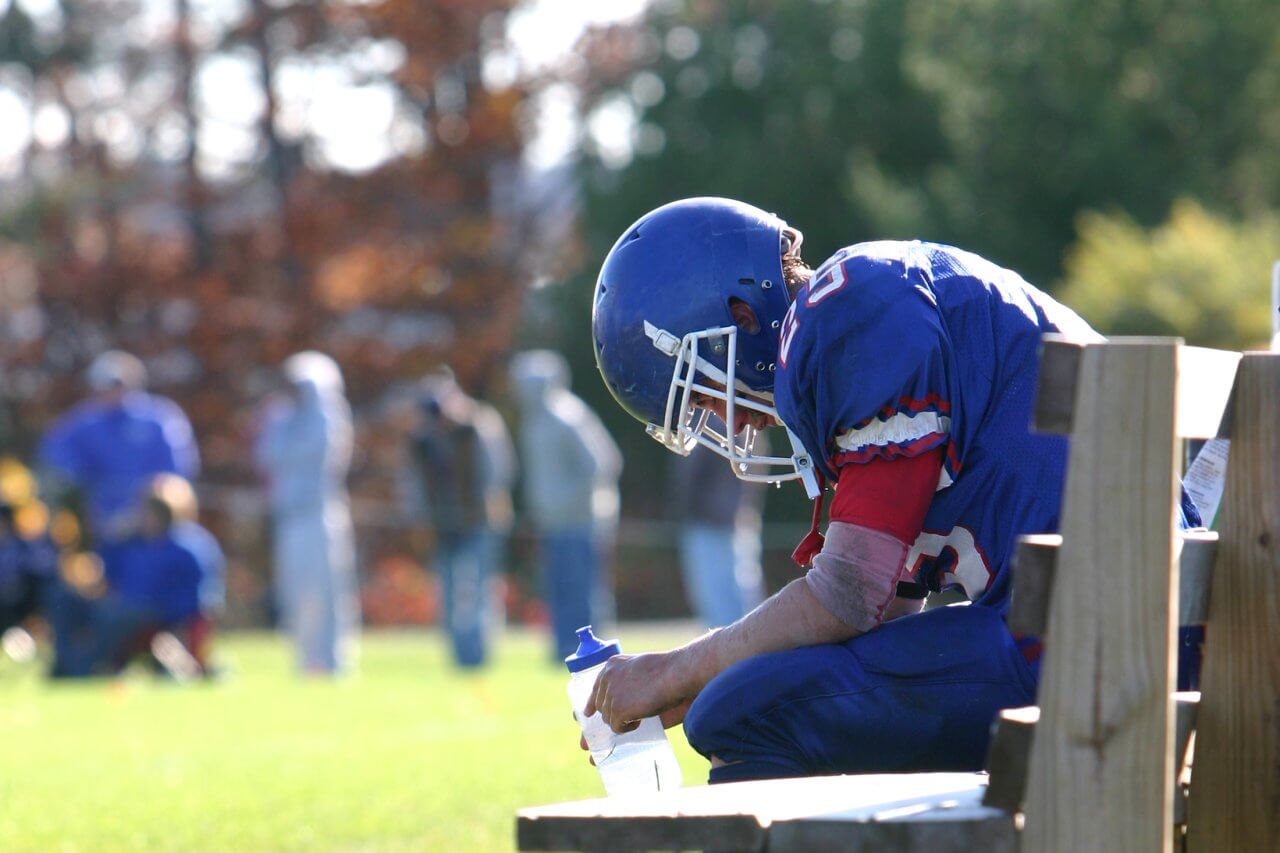Mental Health in Student-Athletes

Clinically reviewed by Jennifer Whittington, Psychiatric Nurse Practitioner
Being a student-athlete can be a very rewarding experience. Benefits of playing sports while in school include enhanced self-esteem, better body image, and supportive camaraderie with teammates and coaches.
But being a student-athlete can be stressful, too. Consequently, coaches, parents, and student-athletes must understand the mental health risks, including warning signs.
Stressors Student-Athletes Face
It’s easy to believe that student-athletes — especially those who demonstrate academic and athletic success — “have it all.” What many people don’t know is that this dual challenge can come with intense pressure, including:
- The risk of falling short of expectations in one or both areas
- The challenge of meeting both studying and training requirements
- The fear of injuries that could derail an athletic career
- Conflict with teachers and coaches who push student-athletes to excel
- Conflict with parents, siblings, and others who want more of the person’s time
In some instances, these pressures can cause or worsen mental health issues.
Signs of Mental Health Difficulties in Student-Athletes
Every student-athlete responds to stress differently. But if you notice any or all of these behaviors, it’s a good idea to intervene appropriately:
- Sleeping too much or too little
- Mood swings
- Irritability
- Significant changes in eating habits
- Unexplained decrease in academic or athletic performance
- Increased apathy or hopelessness
- Increased worry or agitation
- Social isolation
- Talk of self-harm
If you have concerns about a student-athlete, a good first step is to have an honest conversation about how they’re coping with everything they have on their plate.
What Coaches and Parents Can Do to Help Student-Athletes
People who interact with and care about student-athletes can protect their mental health by taking these actions:
- Establish and maintain a strong, trusting relationship.
- Reduce the stigma associated with mental health by treating it as one of the many aspects of academic and athletic performance that must be prioritized and monitored.
- Offer to be a resource and supporter for a student-athlete that experiences mental health challenges.
- Make it clear that a mental health problem doesn’t have to end a promising academic or athletic career.
- Have regular informational conversations about mental health topics like depression, anxiety, eating disorders, substance use, etc.
What Student-Athletes Can Do to Protect Their Mental Health
Student-athletes who have tactics for coping with the stress they experience feel empowered to protect their mental health. Parents and coaches should advise them to:
- Set and keep priorities. Student-athletes may experience less stress if they block separate time for schoolwork and sports and don’t allow one to interfere with the other.
- Develop interests outside of school and sports. Student-athletes can suffer mental health issues if they build their identity exclusively around academic and athletic success, and they suffer a setback in either area. Finding time for other interests may be difficult, but being a well-rounded person is crucial.
- Be transparent about their stress level. Simply acknowledging to a coach, family member, or friend that they’re feeling especially stressed can help relieve some of the pressure.
- Seek help if the pressure starts affecting their quality of life. Student-athletes should understand they don’t need to reach a breaking point before asking for assistance. “Going it alone” isn’t a sign of strength or competitive spirit. In fact, the opposite is true: Seeking help demonstrates strength, maturity, and wisdom. Taking action is also the best way to ensure that they can continue enjoying life as a student-athlete if that’s what they want to do.
Coaches and Parents: Your Mental Health Is Crucial, too
Being the coach or parent of a student-athlete is challenging. To provide the guidance and support they need, you’ve also got to take care of your mental health. That includes:
- Expressing and discussing your feelings with others in healthy ways.
- Solving problems with the student, not for them.
- Getting the nutrition and exercise you need to be healthy.
- Learning breathing or grounding techniques to help regulate your emotions.
- Challenging negative thought patterns so that you can start reframing them more positively.
Learn About Our Sports Medicine and Behavioral Health Services
The issues facing student-athletes include both physical and mental health challenges. Find out how Baptist Health can help by learning more about our sports medicine and behavioral health services.



